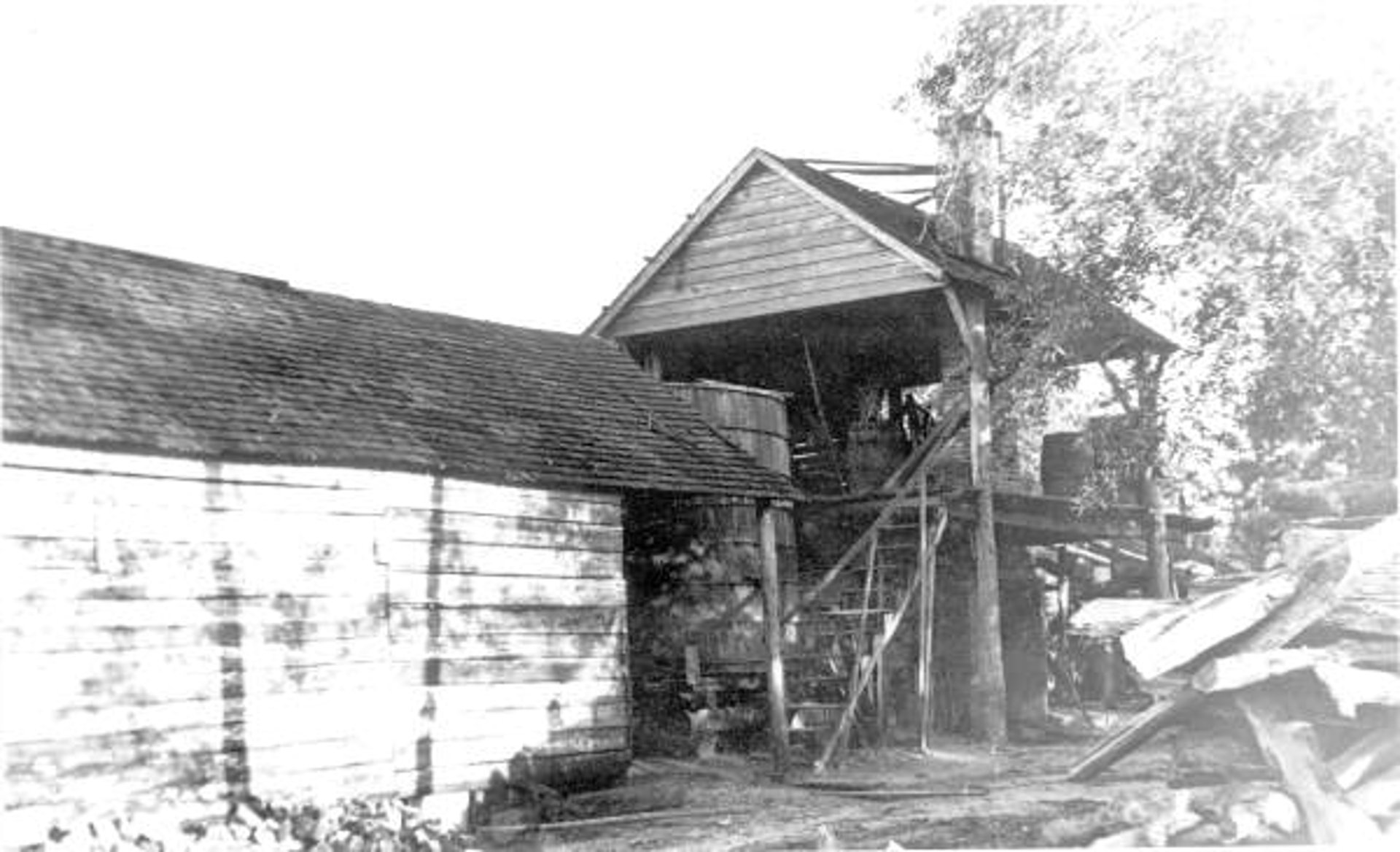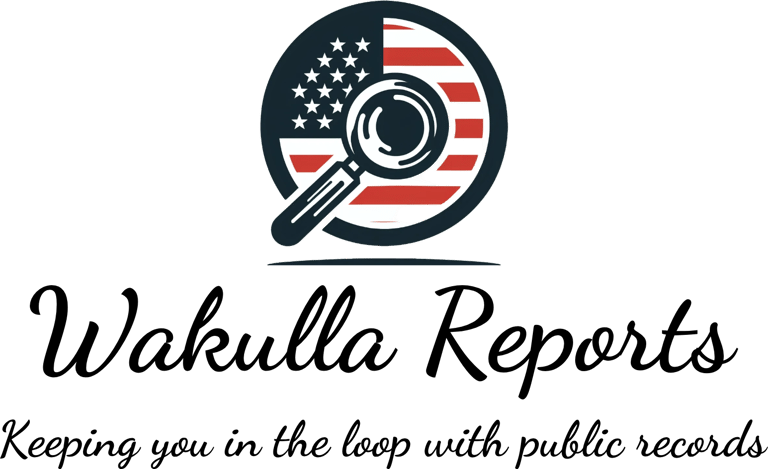🌀 How it Works Part 4: How Florida and Wakulla Work Together—Teamwork or Tug-of-War?
A sharp, side-eyed dive into how Florida and Wakulla team up—sharing grants, storm aid, and scrutiny in a partnership that’s equal parts lifeline and leash.
TOOLS YOU CAN USE2025
Virginia Hall
10/10/20253 min read


What’s up, Wakulla watchdogs? Your civic truth squad is back, slicing into Part 4 of our six-part series on Florida’s state-county dance. If you’ve been riding shotgun since Post 1 (Tallahassee’s top-dog rundown) through Post 3 (our lane lines and lane hogs), you’re ready for the “collaboration” chapter—where teamwork meets tension. Oh, and here's Post 2 in case you missed it!
Sure, there’s hurricane handshakes and grant bucks for roads. But let’s be real: sometimes it feels like the state’s tossing candy with one hand while rifling through our receipts with the other. As Tallahassee turns up the heat—think DOGE’s line-by-line audits and “waste” callouts from Gainesville to the Gulf—counties like Wakulla are bracing for impact.
We’re spotlighting the joint plays that keep us afloat, the funding trail, and the friction behind the scenes. Brew that chicory coffee and let’s dissect the duo—no rose-colored glasses, just local grit.
🤝 Introduction: Partners or Power Imbalance?
“Intergovernmental cooperation” sounds noble. In practice? It’s often the state calling the tune while counties foot the bill. Florida’s Constitution tags us as “political subdivisions”—we carry out state plans, but on their dime and deadline.
Examples? State sets election rules, Wakulla runs the ballots. DEP maps water lines, our inspectors trace them. It’s scale meets boots-on-the-ground.
But with DOGE’s latest push to spotlight “wasteful” local spending (hello, Alachua County), the vibe’s shifting: prove you’re not squandering Tallahassee’s tax dollars. Our Home Rule charter gives us some wiggle, but let’s be clear—collaboration’s a two-way street, even if one side’s driving the bus.
🔄 Intergovernmental Relations: The Reluctant Relay
This is the daily grind: counties implement state mandates, often with strings (and audits) attached.
• Elections? Our Supervisor runs clean contests—but certification hoops come from the state.
• Health codes? AHCA sets the baseline, our clinics tweak the details.
• FAC lobbies for balance, but lately it’s more “show your receipts” than shared vision.
In Wakulla, our BOCC and Administrator sync with state desks—DEP for spring checks, FDOT for traffic signals. It works for consistency, but when audits hit (like those recent “frivolity” flags), it feels less like teamwork and more like probation.
🧩 Examples of Cooperation: Lifelines Under the Microscope
🌪️ Disaster Response: Storms Force the Band Back Together
Hurricanes don’t care about jurisdiction. After Helene and Milton (2024), SERT funneled FEMA aid through our Emergency Management. D-SNAP food drives popped up at the Civic Center, and NRCS helped flooded farms fix wells.
State matched our generator buys ($29K+ via Rebuild Florida), but DOGE’s audit trail means extra paperwork to prove we’re not feathering nests. Smooth evacuations with state troopers? Yes. Post-storm scrutiny? Less smooth.
🚧 Transportation: State Builds, County Pays the Tolls
FDOT’s our road buddy on US 319 widenings ($20M+ south of East Ivan). Closures hit in 2025 for drainage fixes—our Public Works flags detours to soften the blow.
Airport runway stretch? FDOT-funded, BOCC-approved. SR 267 resurfacing? Courtesy of the Five-Year Work Program. But as the state pushes tax cuts, we’re left justifying every maintenance dollar.
🌊 Environmental Protection: Shared Waters, Shared Suspicion
DEP’s $15M+ springs grants help cut septic runoff in The Park. Florida Forever snagged 717 acres near the caves. NRCS handles burns and oysters, we match the effort.
But unfunded mandates and DOGE’s green-spend probes? That’s fuel for local side-eyes.
💼 Economic Development: Jobs Lure, But Who’s Footing the Bill?
DeSantis’ $3.5M Job Growth Grant helped Point Blank expand (300 jobs, FSU training). Add $4.5M in Rural Infra, SHIP homes, and $6.2M for sewer upgrades.
With DOGE’s waste hunts, rural counties wonder if the next grant comes with a forensic accountant. Rightfully so, they are your tax dollars!
💸 Funding Flow: Trickle-Down with a Side of Scrutiny
State collects the big bucks—sales, property, gas taxes—and trickles them down via formulas and grants.
• Schools? ~$40M to Wakulla yearly.
• Roads? FDOT’s $10B program.
• FY 2025/2026 prelim: $117M intergov, including sewer aid.
But DOGE’s 2025 audit demands mean every grant is a potential spotlight.
⚠️ Challenges: When “Teamwork” Feels Like a Takedown
• Unfunded mandates: State sets rules (election upgrades, green regs), Wakulla pays.
• Red tape: Hurricane aid’s fast, but FEMA matches get buried in probes.
• Preemption: Coming soon in Post 5—state overrides on local laws.
• Grant grind: We landed three in 2025, but flops sting—especially under DOGE’s glare.
Net gain? Yes. But every win comes with a receipt request; state tax dollars, are tax dollars too.
🧠 Key Takeaways
• Collab basics: State blueprints + funds, Wakulla executes—tuned but tense.
• Wakulla wins: Storm aid (D-SNAP, gens), FDOT roads (US 319), DEP springs ($15M+), job grants (Point Blank).
• Cash trail: $117M state drip for infrastructure and schools—vital, but audited.
• Hiccups: Mandates sans cash, DOGE digs stirring local defenses—watch your wallet.
Wakulla Reports—eyes wide open, receipts in hand.

Additional Social Links
YouTube is your go-to for short clips, video explainers, and visual breakdowns of how Florida and Wakulla governments really work.
Facebook brings you bite-sized written content, sticky-note facts, and rolling updates you can share and discuss.
Prefer to browse at your own pace?
Bookmark our website and visit anytime for fresh posts, resources, and real-life examples from right here in Wakulla County.
© 2024. All rights reserved.
